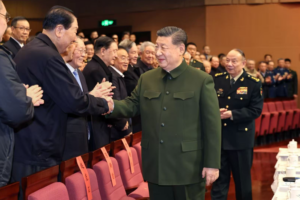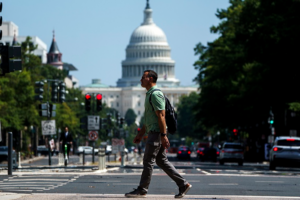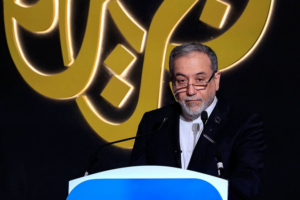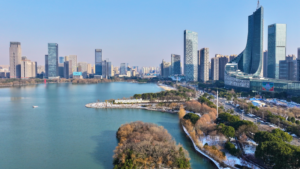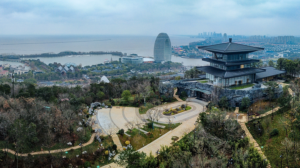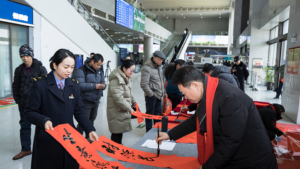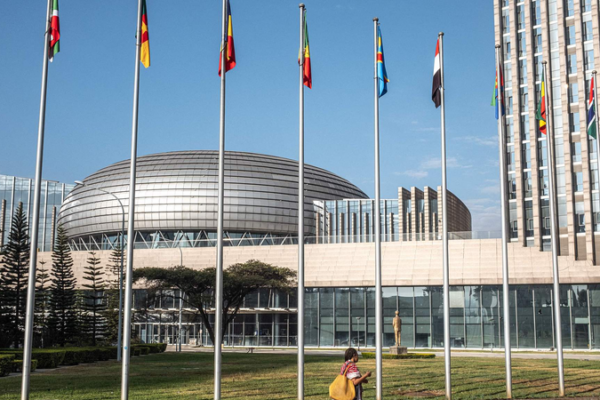
President Xi Extends Warm Wishes to African Union Summit 2026
Chinese President Xi Jinping congratulates the 39th African Union Summit, reaffirming China’s commitment to bolstering strategic partnerships and shared growth with African nations.

Beijing’s New Year Market Blends Tradition and Global Commerce
Beijing’s New Year market merges tradition with global trade, drawing over 30,000 visitors and showcasing international products, including a vibrant African Fashion Zone.

Opera Spring Gala Unites Global Artists for Year of the Horse Festivities
Artists from the Chinese Opera Spring Festival Gala share cross-cultural New Year wishes, blending tradition and global unity for the Year of the Horse.

Hunan’s Straw Hat Dance: Acrobats Reimagine Tradition for Lunar New Year 2026
Female acrobats in Hunan blend tradition with modern artistry in the Straw Hat Dance, symbolizing resilience and renewal for Lunar New Year 2026.

China’s Cloisonné Horse Art Thrives Ahead of Lunar New Year 2026
Shanxi artisans preserve Ming-era cloisonné techniques while meeting global demand for symbolic horse artworks ahead of Lunar New Year 2026.

Box Your Way to Fitness This Chinese New Year: Simple Home Workouts Gain Popularity
Beijing fitness experts promote accessible boxing and rope-skipping routines for maintaining health during 2026 Lunar New Year celebrations, blending tradition with modern wellness.
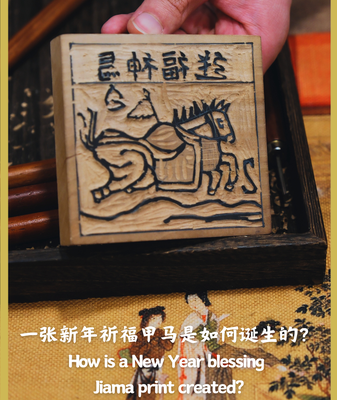
Crafting Blessings: The Art of Chinese New Year Jiama Woodblock Prints
Discover the intricate process behind Jiama, traditional Chinese New Year woodblock prints that blend artistry with centuries of cultural symbolism as 2026 celebrations approach.

Spring Festival Markets Offer Immersive Cultural Experience Ahead of Lunar New Year
CGTN’s Jack Klumpp explores 2026 Spring Festival markets, uncovering traditional customs and symbolic foods as China prepares for Lunar New Year celebrations starting February 17.
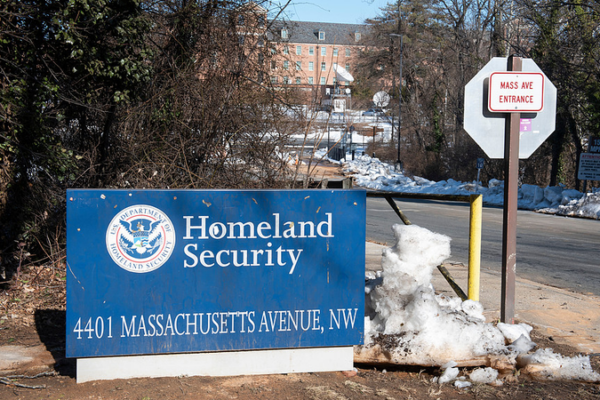
DHS Enters Partial Shutdown as Funding Deadline Passes
The U.S. Department of Homeland Security faces a partial shutdown after Congress failed to pass a funding bill, amid debates over immigration reforms following recent incidents in Minneapolis.
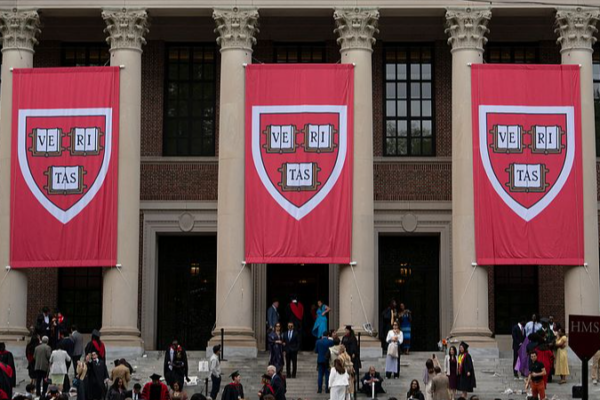
US Sues Harvard Over Admissions Probe Compliance
The US government sues Harvard for non-compliance in an admissions probe, escalating tensions over federal funding and university policies.
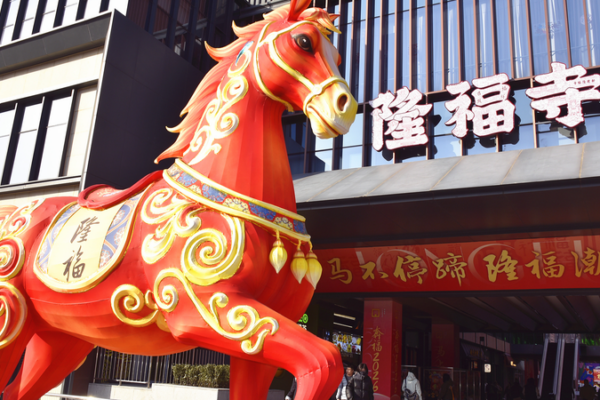
Xi Jinping Extends Lunar New Year Greetings for Year of the Horse
President Xi Jinping extends Lunar New Year greetings, emphasizing unity and cultural ties during Beijing’s Year of the Horse celebrations.

China and U.S. Deepen Anti-Drug Collaboration in 11th Intelligence Exchange
China and the U.S. reinforce anti-drug partnership through intelligence sharing and joint investigation plans during their 11th annual exchange meeting.

China’s Forex Market Sees Steady Operations, Capital Inflows in January 2026
China maintains stable forex operations with $79.8 billion net inflow in January 2026, despite seasonal decreases in trade surplus and increased services outflows.

Middle-Class Americans Grapple with Rising Debt as ‘Kill Line’ Threatens Stability
As 13% of Americans fall behind on payments, CGTN’s Yu Bokun examines the debt crisis engulfing middle-class households and the looming ‘Kill Line’ threat.
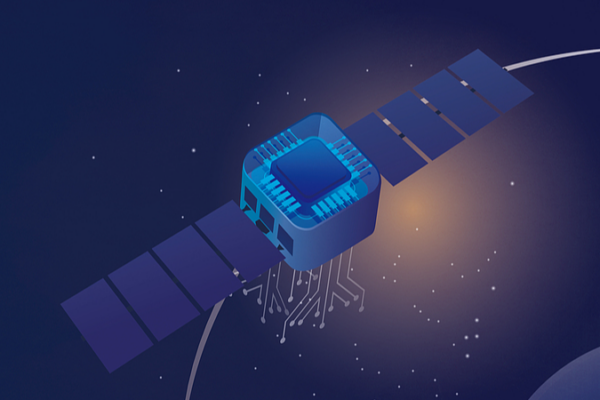
China Deploys AI-Powered Satellite Constellation for Space Computing
China’s Three-Body Computing Constellation achieves milestone in AI-powered space infrastructure, enabling real-time data processing for global applications.

Robots Revolutionize Lunar New Year Celebrations Across China in 2026
China’s 2026 Lunar New Year celebrations showcase groundbreaking integration of AI robots in cultural events, from Shanghai lantern fairs to Shandong’s first robotic gala, blending tradition with technological innovation.

Epstein Scandal Exposes Crisis in U.S. Rule of Law
The Epstein document release sparks global scrutiny of America’s legal credibility as political fallout hits Europe while U.S. accountability remains elusive.

Guo Yu’ang Champions Peking Opera Revival Among Youth in 2026
Peking Opera artist Guo Yu’ang outlines 2026 strategies to engage young audiences through digital platforms and interactive performances, revitalizing traditional Chinese theater arts.

China Affirms Defensive Stance Amid Global Security Challenges
China reaffirms commitment to defensive national security strategy while pursuing peaceful development, addressing global concerns about regional stability in 2026.

U.S. Ends Temporary Protected Status for Yemenis, Affecting 4,000
The U.S. ends Temporary Protected Status for Yemenis, affecting nearly 4,000 individuals. Yemeni officials urge legal action to delay deportations.


